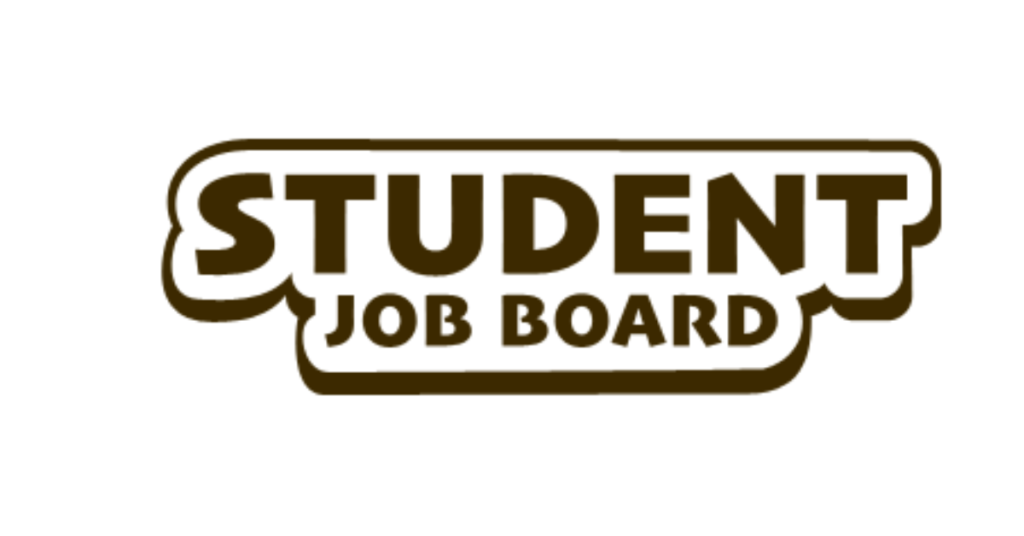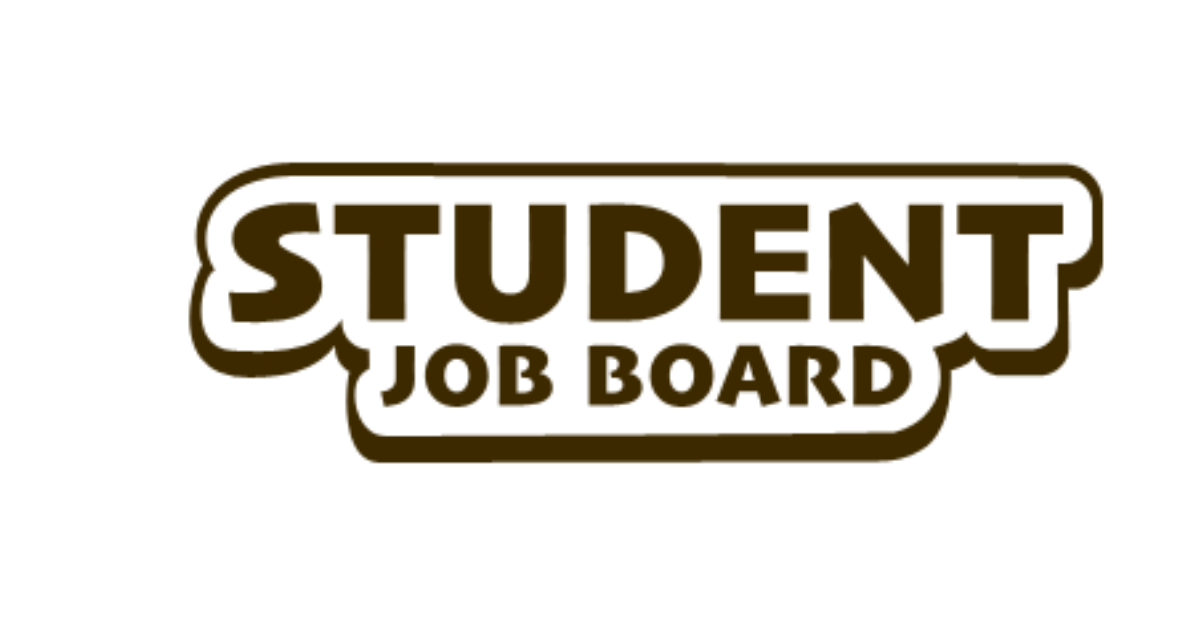As university students navigate their academic journey, one significant aspect that often surfaces is the quest for relevant work experience. The transition from classroom learning to practical application can be daunting, yet vital for personal and professional development. One of the most effective resources available to students in this regard is university student job boards. This article delves into the intricacies of these platforms, their significance, how to maximize their use, and essential tips for securing internships and job placements.

Understanding University Student Job Boards
University student job boards are online platforms or portals maintained by educational institutions, specifically designed to connect students with employment opportunities. These job boards serve as a central hub where students can find job postings, internships, and part-time work tailored to their skills, interests, and academic backgrounds. They often feature positions that are suitable for students, providing them with valuable experience while accommodating their academic schedules.
The Importance of Job Boards for Students
- Targeted Opportunities: University job boards often focus on opportunities that cater specifically to students. This means that the job postings are more relevant to students’ skills and schedules, helping them gain experience that aligns with their career aspirations.
- Employer Connections: Many companies partner with universities to post their job openings. These employers often seek to recruit students directly from the university, establishing a valuable connection between students and potential employers.
- Resource Accessibility: Job boards often provide additional resources such as resume-building tools, interview tips, and career advice, which are essential for students who may be navigating the job market for the first time.
- Networking Opportunities: By participating in job board activities, such as job fairs or workshops, students can expand their professional network, which can be beneficial for future job prospects.
How to Navigate University Job Boards Effectively
To make the most out of university student job boards, students need to approach them strategically. Here are several key steps to enhance your experience:
1. Create a Comprehensive Profile
Most job boards allow students to create profiles where they can upload resumes, cover letters, and portfolios. It’s essential to keep this profile updated and to tailor each application to specific job postings. Highlight relevant coursework, projects, and skills that align with the jobs you’re interested in.
2. Set Up Job Alerts
Many university job boards feature alert systems that notify students when new positions that match their criteria are posted. Setting up these alerts can save time and ensure that students don’t miss out on new opportunities.
3. Utilize Search Filters
Most job boards include search filters to help users narrow down job listings based on factors such as job type, industry, and location. Utilizing these filters can help students find positions that suit their specific needs and preferences more quickly.
4. Engage with Campus Resources
In addition to job boards, universities often offer career services, workshops, and job fairs. Students should take advantage of these resources to gain insights into effective job search strategies and to connect with potential employers.
5. Network with Peers and Alumni
Networking is a crucial element in the job search process. Students should not hesitate to connect with peers, faculty members, and alumni who can provide guidance, job leads, or even referrals. Many universities have networking events specifically designed to help students make these valuable connections.
Best Practices for Applying to Jobs Through University Boards
Securing a position through a university job board requires more than just applying; it involves a strategic approach to applications. Here are some best practices to follow:
1. Tailor Your Application Materials
Generic applications are less likely to stand out. Students should customize their resumes and cover letters for each position, emphasizing their most relevant experiences and skills. Use keywords from the job description to align your materials with what the employer is seeking.
2. Follow Application Instructions Carefully
Employers often include specific instructions in their job postings. Paying close attention to these details—such as required documents, application format, and deadlines—can make a significant difference in whether an application is considered.
3. Prepare for Interviews
Once a student secures an interview, preparation is key. Students should research the company, understand its mission and values, and practice common interview questions. Engaging in mock interviews through university career services can also be beneficial.
4. Keep Track of Applications
Maintaining a log of submitted applications can help students stay organized. This log should include details such as the job title, company, application date, and follow-up actions required. This practice can prevent confusion and ensure timely follow-ups.
Maximizing Your Job Board Experience
To ensure a productive experience with university job boards, consider the following additional strategies:
1. Attend Workshops and Seminars
Many universities offer workshops on resume writing, interviewing skills, and job search strategies. Attending these sessions can provide valuable insights and enhance your competitiveness in the job market.
2. Volunteer or Intern
If full-time employment isn’t immediately available, students should consider internships or volunteer opportunities. These positions can provide valuable experience, expand their skill set, and enhance their resumes.
3. Be Proactive
Don’t wait for opportunities to come to you. Actively search for and apply to positions that interest you. Consistency and persistence are crucial in the job search process.
Common Pitfalls to Avoid
While navigating university job boards can be beneficial, students should be mindful of several common pitfalls:
1. Applying to Everything
It can be tempting to apply to every job that seems remotely relevant. However, this approach can lead to fatigue and less effective applications. Focus on positions that genuinely align with your skills and career goals.
2. Neglecting Networking
Job boards are just one part of the job search equation. Networking plays a crucial role in securing opportunities, so students should not overlook this aspect of their search.
3. Ignoring Deadlines
Failing to adhere to application deadlines can result in missed opportunities. Keeping a calendar with important dates can help students stay organized and ensure timely submissions.
4. Underestimating the Importance of Soft Skills
While technical skills are essential, employers also seek candidates with strong soft skills such as communication, teamwork, and adaptability. Make sure to highlight these skills in your applications and during interviews.
Conclusion
University student job boards are invaluable resources that can bridge the gap between academic life and the professional world. By understanding how to effectively utilize these platforms, students can discover targeted job opportunities, connect with employers, and develop the skills necessary for career success. The key lies in being proactive, engaged, and strategic in the job search process. By following the tips and best practices outlined in this article, students can maximize their chances of securing meaningful employment and gaining the experience they need to thrive in their future careers.
